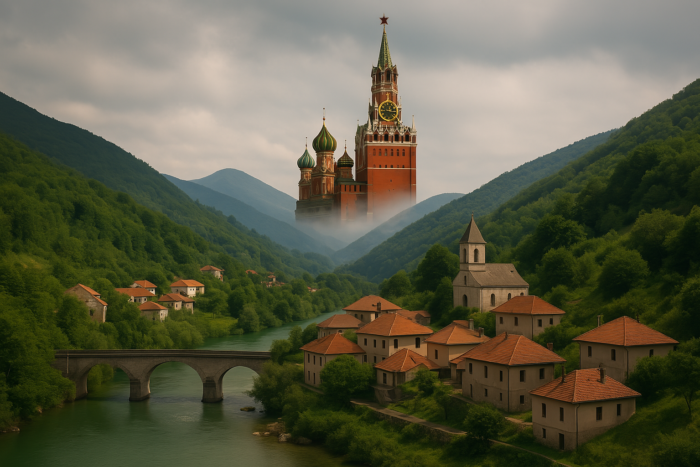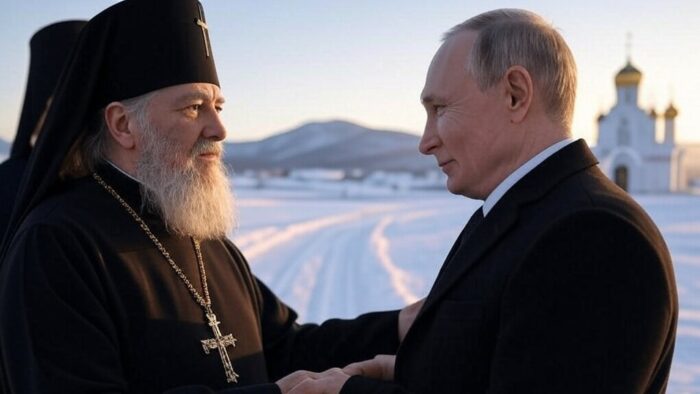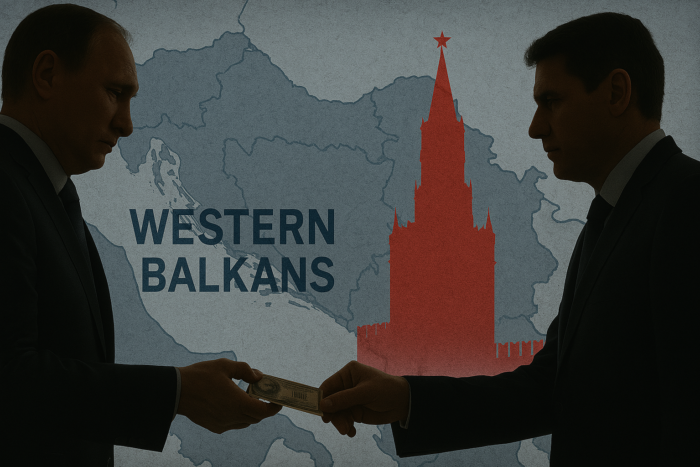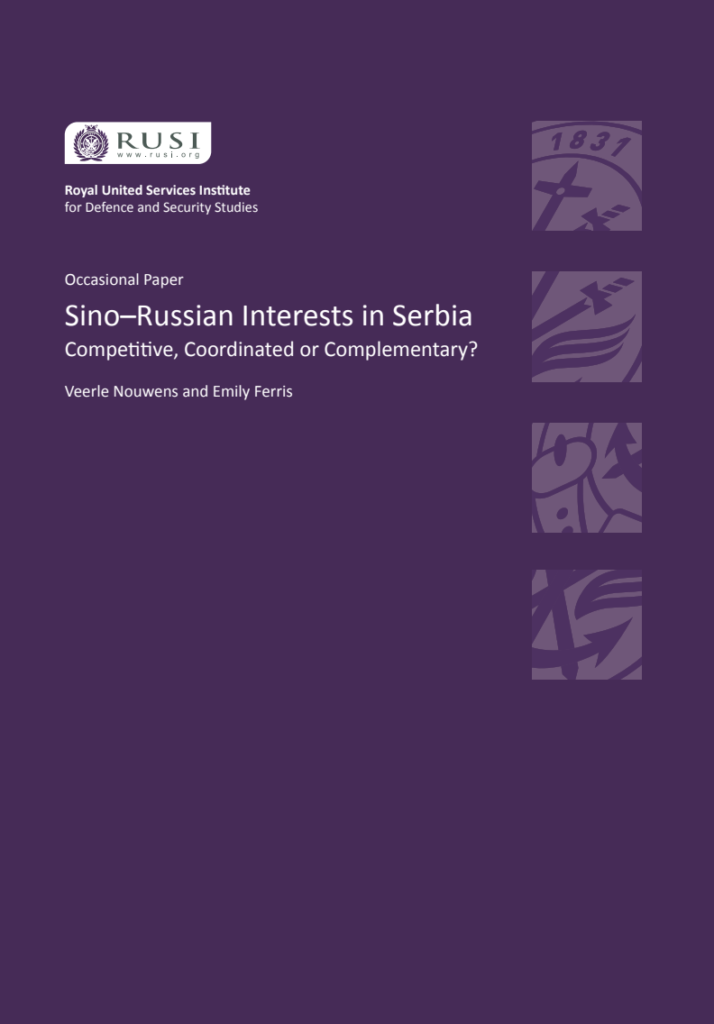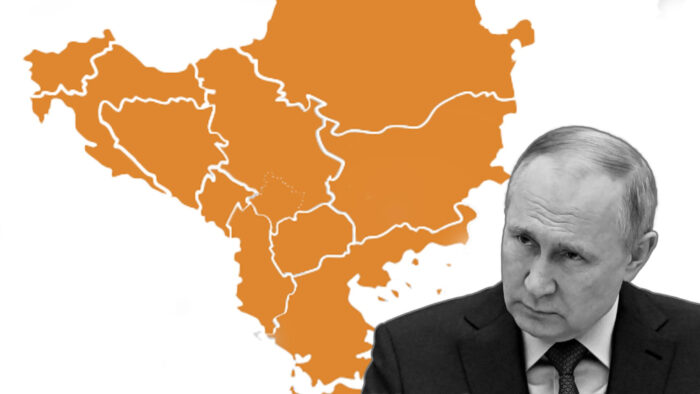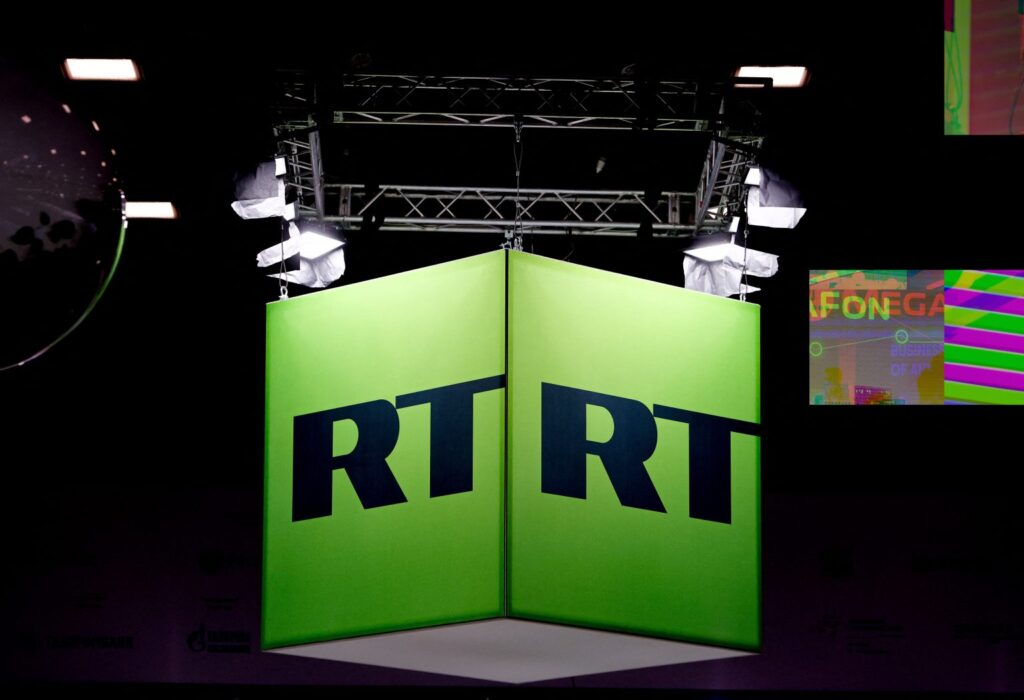Russia’s influence in the Balkans threatens to create another crisis on Europe’s doorstep while diverting Western attention and resources from Ukraine. The strategy exploits ethnic tensions that could rapidly deteriorate into regional instability. On 9 April 2025, POLITICO reported that British Foreign Secretary David Lammy is warning about Russia’s increasing interference in the Western Balkans during his diplomatic visit to the region. The article begins:
Alarm bells are ringing in Belgrade, Kosovo and Sarajevo. While Europe’s attention has been focused on Ukraine, tensions in the Western Balkans have been simmering, and leaders in the region — as well as in Britain — worry Russian President Vladimir Putin will use the moment to further exploit fault lines in the former Yugoslavia. The Western Balkans are described as “the other hotspot” by figures in the upper echelons of the U.K. government — and with the heat now being turned up, Britain is pushing for all six states in the region to join the EU to ward off Russian influence. “At this time, with war in Europe and seeing the long hand of Russian interference also in the region, you would be a fool if you took your eye off the Western Balkans, where there are still legacy issues that are yet to be overcome,” British Foreign Secretary David Lammy told POLITICO during a visit to the region last week. “Putin’s interests here are to keep the region destabilized…
Key Points:
- British officials warn of a narrow window for Balkan states to choose EU alignment before Brussels shifts focus to Ukraine’s accession.
- Serbia maintains relations with both Russia and the EU while facing unprecedented domestic protests against government corruption.
- Kosovo’s leadership describes Serbia as their “crazy hegemonic neighbor” and claims Russia has tripled regional disinformation spending.
- Bosnian Serb leader Milorad Dodik has evaded arrest after being sentenced for defying international peace authorities.
Russian Influence in the Western Balkans: Disinformation, Hybrid Tactics, and Regional Destabilization
Russia’s influence in the Western Balkans has intensified through hybrid tactics aimed at destabilizing the region and obstructing Euro-Atlantic integration. A GIOR report on Russia’s “playground strategy” highlights Moscow’s exploitation of ethnic and historical tensions to deepen divisions in countries like Serbia, Bosnia, and Kosovo. Another analysis of Russian-backed far-right groups reveals how these organizations operate under the guise of humanitarian aid to spread nationalist propaganda and glorify convicted war criminals. Additionally, a report on Russian disinformation campaigns targeting North Macedonia shows how Moscow weaponizes stalled EU accession processes to erode trust in Western institutions. These efforts are complemented by media manipulation, cyberattacks, and support for nationalist movements, creating fertile ground for Russian influence while leveraging unresolved ethnic tensions. As Moscow faces challenges due to its war in Ukraine, Western actors are urging accelerated Balkan integration into Euro-Atlantic frameworks to counter Russian destabilization efforts.
References:
-
Russia’s Influence in the Balkans Based on History, Religion, and Culture
-
BIRN Documentary on Russian Disinformation in the Balkans
-
Russia’s Hybrid Warfare in the Western Balkans: Geopolitical Strategies and Proxy Actors
Disclaimer: The Global Influence Operations Report (GIOR) employs AI throughout the posting process, including generating summaries of news items, the introduction, key points, and often the “context” section. We recommend verifying all information before use. Additionally, images are AI-generated and intended solely for illustrative purposes. While they represent the events or individuals discussed, they should not be interpreted as real-world photography.

